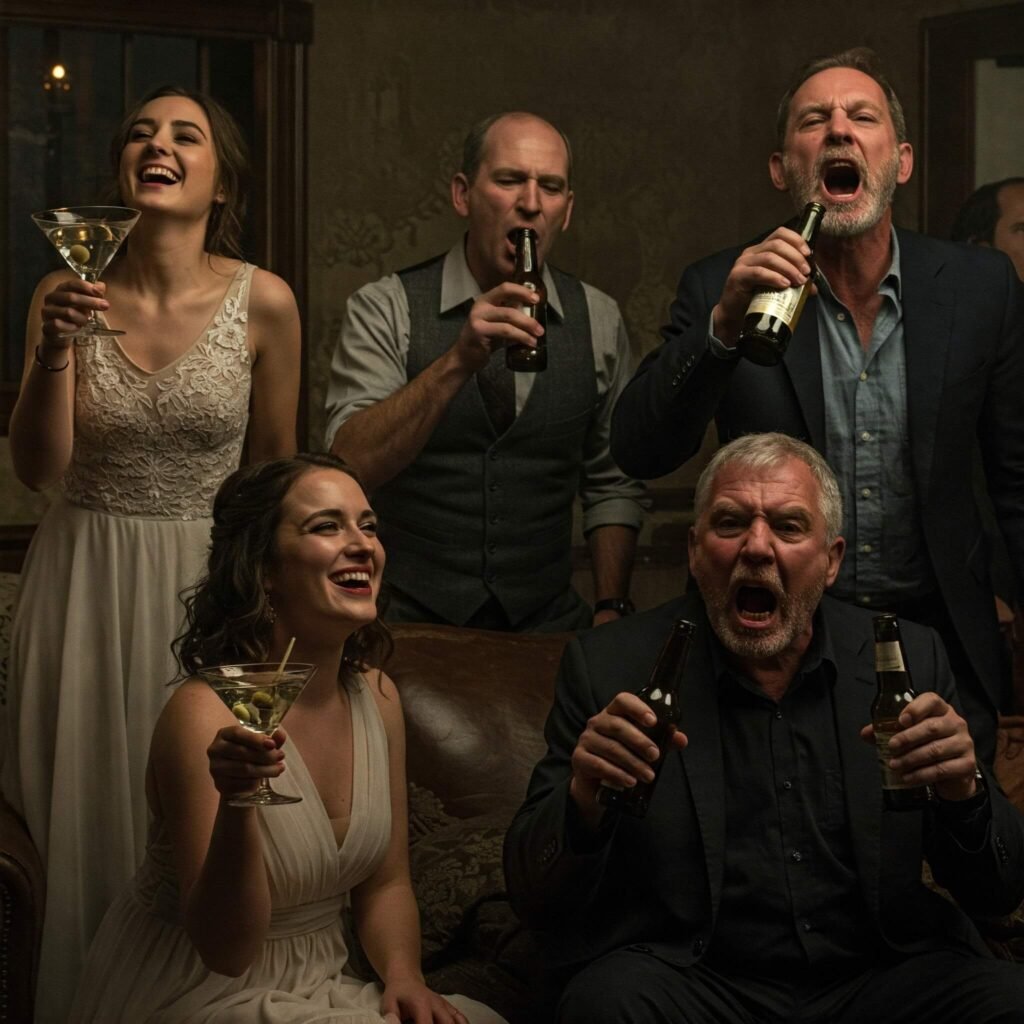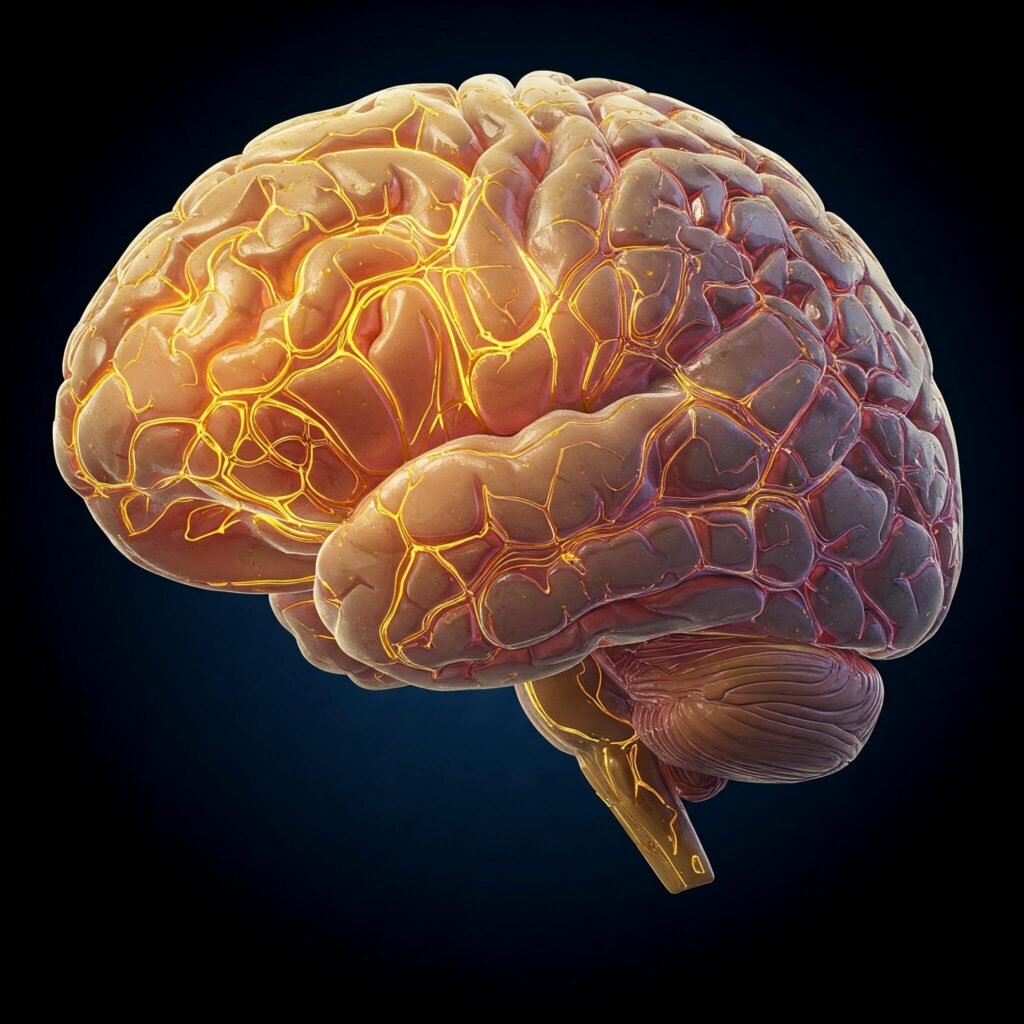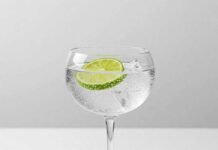Alcohol and mental health Benefits is a wild ride, and I’m wrestling with it in my stuffy Boston apartment, the radiator clanking and the faint whiff of clam chowder from my takeout lingering. Like, seriously? I used to think a few beers would chill me out, until I got sloppy at a Fenway bar, slurring my words and stressing everyone out—total cringe. As a regular American dude who’s no mental health guru, I’ve been digging into how alcohol and mental health mix in 2025. Contradictions? I love a drink but worry it’s messing with my head. Let’s unpack the science, before I spill my coffee—again.
Can Alcohol and Mental Health Ever Play Nice?
Moderate drinking—one or two drinks—might ease stress short-term, per Mayo Clinic Mayo Clinic. I felt this at a pub, jukebox blaring, sipping a vodka soda and thinking I was zen. Studies say it boosts dopamine, but the crash hits hard National Institute on Alcohol Abuse and Alcoholism. I tried “relaxing” with wine last week, only to overdo it and stress more—dumb move. Alcohol and mental health benefits are real but tricky. My goof? Thought more drinks equaled more chill—wrong.
Moderate Drinking’s Perks for Alcohol and Mental Health
A glass of red wine might lower anxiety, thanks to resveratrol, says a 2024 study Healthline. I sipped merlot on my couch, snow outside, feeling briefly calm—then spilled it on my rug. Contradiction? I’m hyped on the idea but doubt it’s a cure. Stick to one 5 oz drink, per WebMD WebMD. Alcohol and mental health can vibe if you’re careful. I forgot my limit once, got jittery—oops.

The Dark Side of Alcohol and Mental Health
Too much booze tanks alcohol and mental health benefits—three drinks can spike anxiety CDC. I learned this after a bar crawl, head pounding, worrying I’d said something dumb. Heavy drinking ups depression risk by 30%, per a 2023 study National Institutes of Health. I tried “cheering up” with beers at a game night, ended up moping—embarrassing. Alcohol and mental health is a tightrope. My mistake? Thought alcohol fixed stress—it didn’t.
Alcohol and Mental Health Risks to Watch
Binge drinking messes with brain chemistry, lowering serotonin Psychology Today. I felt this after a party, overpouring gin, waking up foggy and sad. Contradiction? I chase the buzz but hate the crash. Alcohol and mental health risks hit harder if you’ve got anxiety already, per Verywell Mind Verywell Mind. I ignored this, got paranoid after shots—yikes. Gotta stay light, or it’s trouble.

Tips to Balance Alcohol and Mental Health
My sloppy hacks for alcohol and mental health:
- Stick to one drink—vodka soda or wine—per experts Mayo Clinic.
- Pair with food—nuts, cheese—to slow effects. Spilled dip once—messy.
- Avoid binges; I overdid shots, got anxious—cringe.
- Talk to a doc if mental health’s shaky—my pal’s advice saved me. Just knocked over popcorn—chaos is me. Alcohol and mental health needs care, not overpouring.
Don’t Overhype Alcohol and Mental Health Benefits
Moderate drinking’s got perks, but it’s no therapy replacement. I used to think a beer fixed everything—spoiler: it doesn’t. My surprise? How little you need for alcohol and mental health benefits, per Healthline Healthline. I still stress, checking my mood like a hawk. Gotta keep it chill, not sloppy.

Wrapping Up My Take on Alcohol and Mental Health
Done spilling—alcohol and mental health is a delicate dance, not a cure-all. From my Boston perch, chowder smell and radiator hum, I say: Sip one drink, stay mindful, avoid my bar flops. Science shows light drinking can help, but overdo it, and you’re sunk. Got a drinking tip or mental health hack? Drop it below—I’m all ears. Check Healthline for more before you sip too much like me.
Outbound Link 1: If you or someone you know needs help, check out the resources from the Substance Abuse and Mental Health Services Administration (SAMHSA) National Helpline. This is a real and incredibly helpful resource: SAMHSA National Helpline. Outbound Link 2: For more insights into “anxiety” and why it happens, read this fascinating article from Psychology Today (real and reliable source).
Cheers (to mental health, of course!).




































